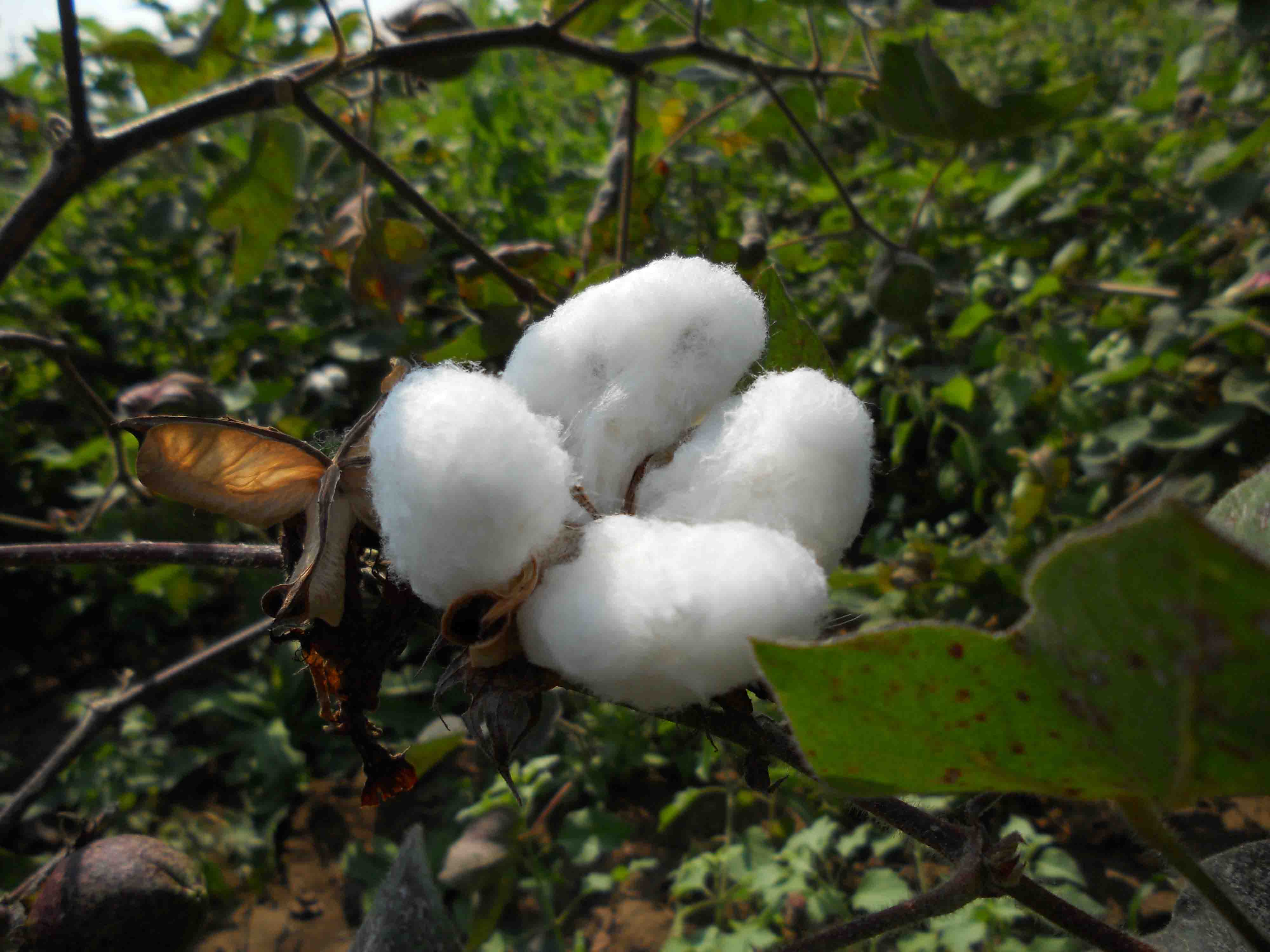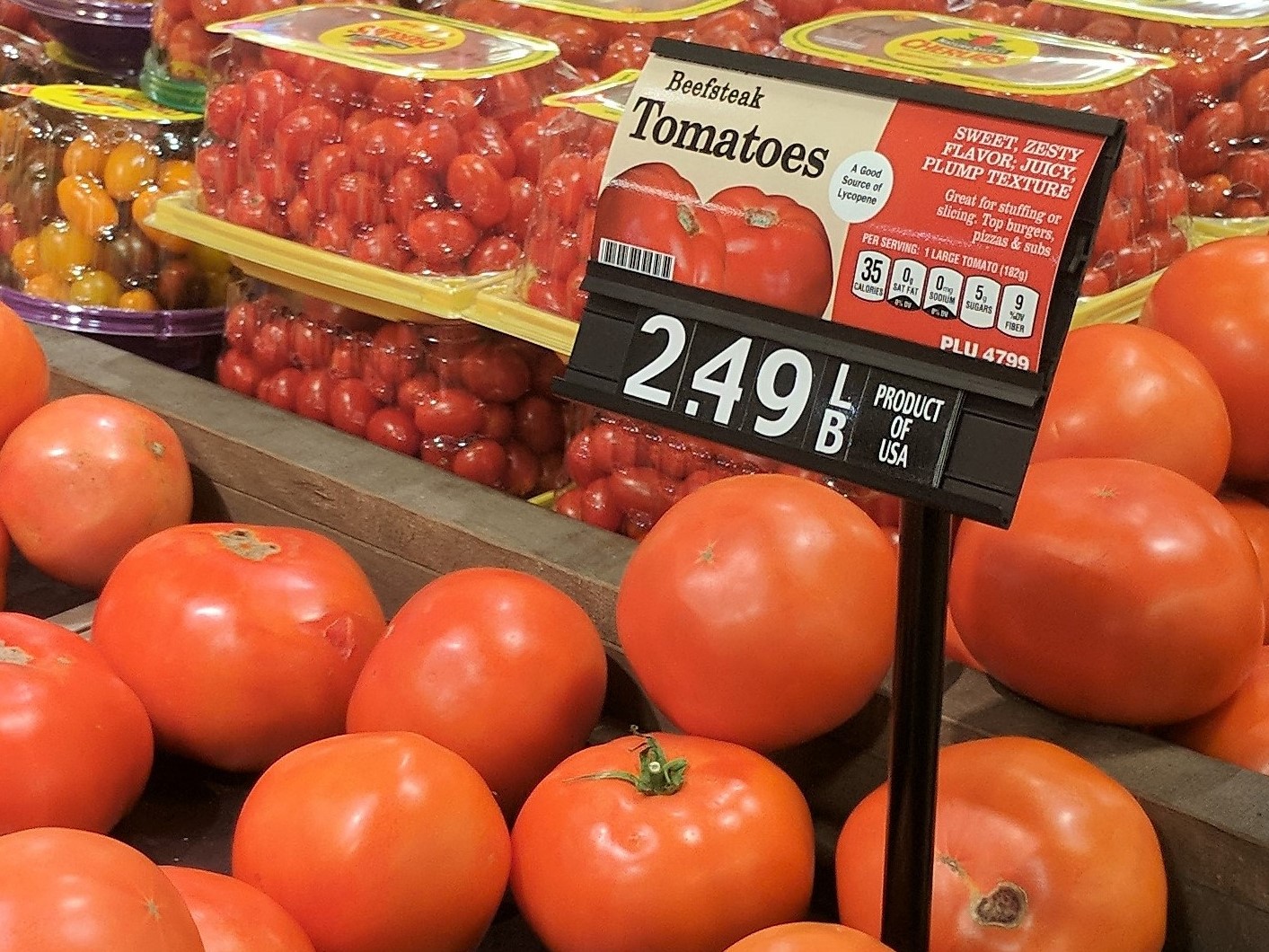|
Operation Feed The Nation
Operation Feed the Nation was a national agricultural extension and mobilization program instituted by the military government of Nigeria in 1976 as a measure to achieve self sufficiency in food crop production and inspire a new generation to return to farming. Background In colonial era, integration of Nigeria into the world economy was driven by the production of cash crops such as palm oil, cocoa and groundnut and the initial official intervention programmes concentrated on cash crops. A resulting interest in innovation and entrepreneurship helped increase production of such crops. However, a larger number of small subsistence farms across the country produced majority of the food crops for local consumption. The farmers largely in the rural areas sold their surplus produce in feeding the nation. But by the early 1960s, many of the smaller farms were not profitable, leaving their own farms to lie fallow for months, the farmers supplemented income by working on farms producing e ... [...More Info...] [...Related Items...] OR: [Wikipedia] [Google] [Baidu] |
Agricultural Extension
Agricultural extension is the application of scientific research and new knowledge to agricultural practices through farmer education. The field of 'extension' now encompasses a wider range of communication and learning activities organized for rural people by educators from different disciplines, including agriculture, agricultural marketing, health, and business studies. Extension practitioners can be found throughout the world, usually working for government agencies. They are represented by several professional organizations, networks and extension journals. Agricultural extension agencies in developing countries receive large amounts of support from international development organizations such as the World Bank and the Food and Agriculture Organization of the United Nations. Extension terminology The use of the word 'extension' originated in england in 1866.Modern extension began in Dublin, Ireland in 1847 with Lord Clarendon's itinerant instructors during the great fami ... [...More Info...] [...Related Items...] OR: [Wikipedia] [Google] [Baidu] |
Cash Crop
A cash crop or profit crop is an Agriculture, agricultural crop which is grown to sell for profit. It is typically purchased by parties separate from a farm. The term is used to differentiate marketed crops from staple crop (or "subsistence crop") in subsistence agriculture, which are those fed to the producer's own livestock or grown as food for the producer's family. In earlier times, cash crops were usually only a small (but vital) part of a farm's total yield, while today, especially in Developed country, developed countries and among Smallholding, smallholders almost all crops are mainly grown for revenue. In the Least developed country, least developed countries, cash crops are usually crops which attract demand in more developed nations, and hence have some export value. Prices for major cash crops are set in international trade markets with global markets, global scope, with some local variation (termed as "basis") based on Cargo, freight costs and local supply and demand ... [...More Info...] [...Related Items...] OR: [Wikipedia] [Google] [Baidu] |
Cocoa Production In Nigeria
Cocoa production is important to the economy of Nigeria. Cocoa is the leading agricultural export of the country and Nigeria is currently the world's fourth largest producer of cocoa, after Ivory Coast, Indonesia and Ghana, and the third largest exporter, after Ivory Coast and Ghana. The crop was a major foreign exchange earner for Nigeria in the 1950s and 1960s and in 1970 the country was the second largest producer in the world but following investments in the oil sector in the 1970s and 1980s, Nigeria's share of world output declined. In 2010, cocoa production accounted for only 0.3% of agricultural GDP. Average cocoa beans production in Nigeria between 2000 and 2010 was 389,272 tonnes per year rising from 170,000 tonnes produced in 1999. History The earliest cocoa farms in Nigeria were in Bonny and Calabar in the 1870s but the area proved not suitable for cultivation. In 1880, a cocoa farm was established in Lagos and later, a few more farms were established in Agege and Ota. ... [...More Info...] [...Related Items...] OR: [Wikipedia] [Google] [Baidu] |
Subsistence Agriculture
Subsistence agriculture occurs when farmers grow food crops to meet the needs of themselves and their families on smallholdings. Subsistence agriculturalists target farm output for survival and for mostly local requirements, with little or no surplus. Planting decisions occur principally with an eye toward what the family will need during the coming year, and only secondarily toward market prices. Tony Waters, a professor of sociology, defines "subsistence peasants" as "people who grow what they eat, build their own houses, and live without regularly making purchases in the marketplace." Despite the self-sufficiency in subsistence farming, most subsistence farmers also participate in trade to some degree. Although their amount of trade as measured in cash is less than that of consumers in countries with modern complex markets, they use these markets mainly to obtain goods, not to generate income for food; these goods are typically not necessary for survival and may include sugar ... [...More Info...] [...Related Items...] OR: [Wikipedia] [Google] [Baidu] |
Sahel Drought
The Sahel region of Africa has long experienced a series of historic droughts, dating back to at least the 17th century. The Sahel region is a climate zone sandwiched between the Sudanian Savanna to the south and the Sahara desert to the north, across West and Central Africa. While the frequency of drought in the region is thought to have increased from the end of the 19th century, three long droughts have had dramatic environmental and societal effects upon the Sahel nations. Famine followed severe droughts in the 1910s, the 1940s, and the 1960s, 1970s and 1980s, although a partial recovery occurred from 1975-80. The most recent drought occurred in 2012. While at least one particularly severe drought has been confirmed each century since the 17th century, the frequency and severity of recent Sahelian droughts stands out. Famine and dislocation on a massive scale—from 1968 to 1974 and again in the early and mid-1980s—was blamed on two spikes in the severity of the 1960-1980 ... [...More Info...] [...Related Items...] OR: [Wikipedia] [Google] [Baidu] |
Food Prices
Food prices refer to the average price level for food across countries, regions and on a global scale. Food prices have an impact on producers and consumers of food. Price levels depend on the food production process, including food marketing and food distribution. Fluctuation in food prices is determined by a number of compounding factors. Geopolitical events, global demand, exchange rates, government policy, diseases and crop yield, energy costs, availability of natural resources for agriculture, food speculation, changes in the use of soil and weather events have a direct impact on the increase or decrease of food prices. The consequences of food price fluctuation are multiple. Increases in food prices, or agflation, endangers food security, particularly for developing countries, and can cause social unrest. Increases in food prices is related to disparities in diet quality and health, particularly among vulnerable populations, such as women and children. Food prices will o ... [...More Info...] [...Related Items...] OR: [Wikipedia] [Google] [Baidu] |
Olusegun Obasanjo
Chief Olusegun Matthew Okikiola Ogunboye Aremu Obasanjo, , ( ; yo, Olúṣẹ́gun Ọbásanjọ́ ; born 5 March 1937) is a Nigerian political and military leader who served as Nigeria's head of state from 1976 to 1979 and later as its president from 1999 to 2007. Ideologically a Nigerian nationalist, he was a member of the Peoples Democratic Party (PDP) from 1999 to 2015, and from 2018 has been a member of the African Democratic Congress party (ADC). Born in the village of Ibogun-Olaogun to a farming family of the Owu branch of the Yoruba, Obasanjo was educated largely in Abeokuta, Ogun State. Joining the Nigerian Army, where he specialised in engineering, he spent time assigned in the Congo, Britain, and India, rising to the rank of major. In the latter part of the 1960s, he played a senior role in combating Biafran separatists during the Nigerian Civil War, accepting their surrender in 1970. In 1975, a military coup established a junta with Obasanjo as part of its ru ... [...More Info...] [...Related Items...] OR: [Wikipedia] [Google] [Baidu] |
Bank Of Agriculture
Bank of Agriculture is a Nigerian government sponsored development bank that provides credit facilities to both small and large scale farmers and small businesses within rural areas. An outcome of a restructuring of government sponsored microcredit institutions, the bank was formed in 2000 and assumed the assets of the National Agriculture and Cooperative Bank, People's Bank and the Family Economic Advancement Project. History BOA's history can be traced to the establishment of Nigerian Agriculture Bank (NAB) in 1973. NAB was a government initiative to fund agriculture development projects in the country, in particular small-scale farm holders that may not have enough collateral to obtain credit facilities from commercial banks. At the time, many farmers were considered high risk borrowers by commercial lenders and NAB was established to provide Microcredit to small farmers and on-lending to agricultural firms. In 1977, when Umaru Mutallab Alhaji Umaru Abdul Mutallab (born 15 ... [...More Info...] [...Related Items...] OR: [Wikipedia] [Google] [Baidu] |



